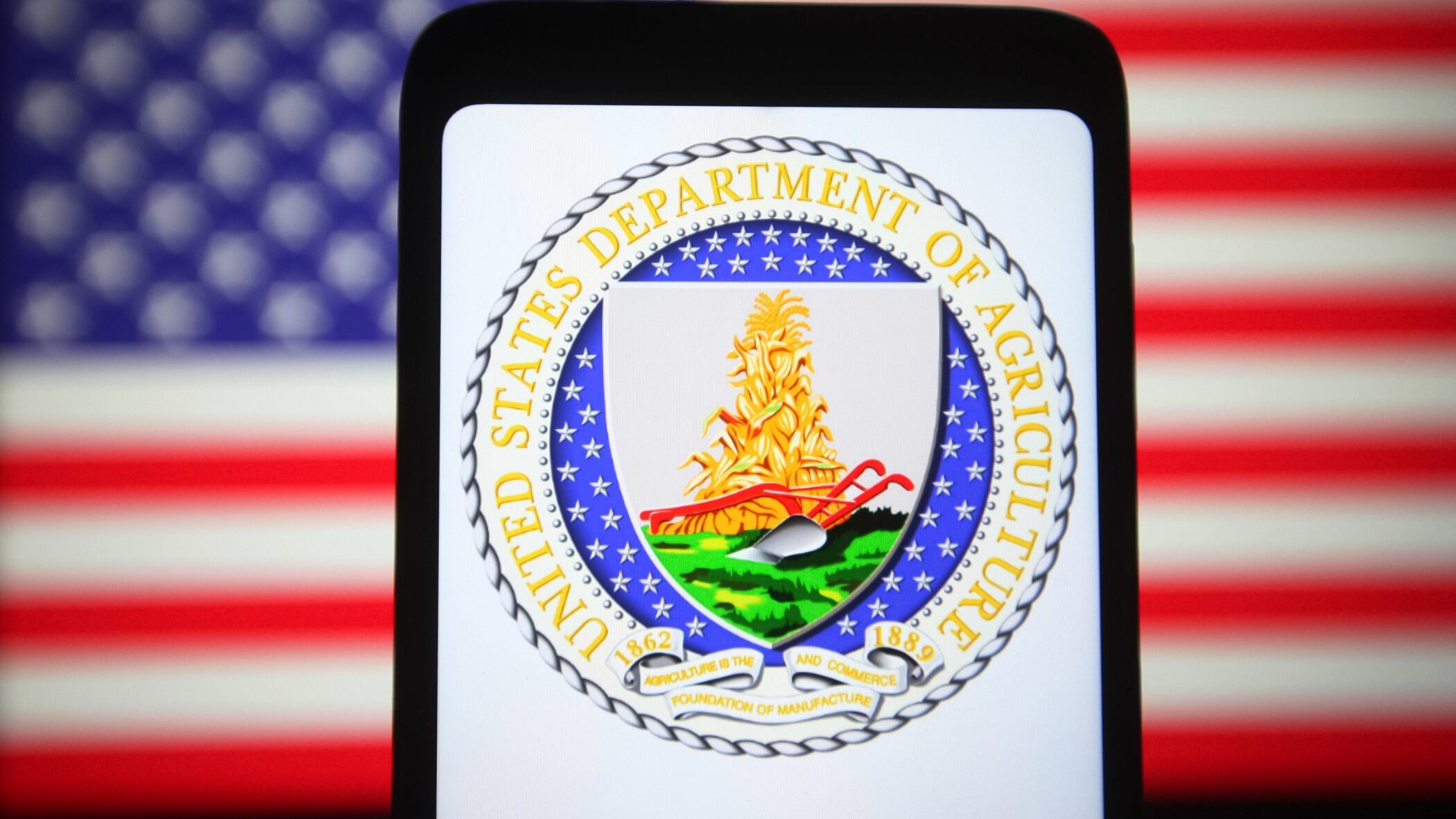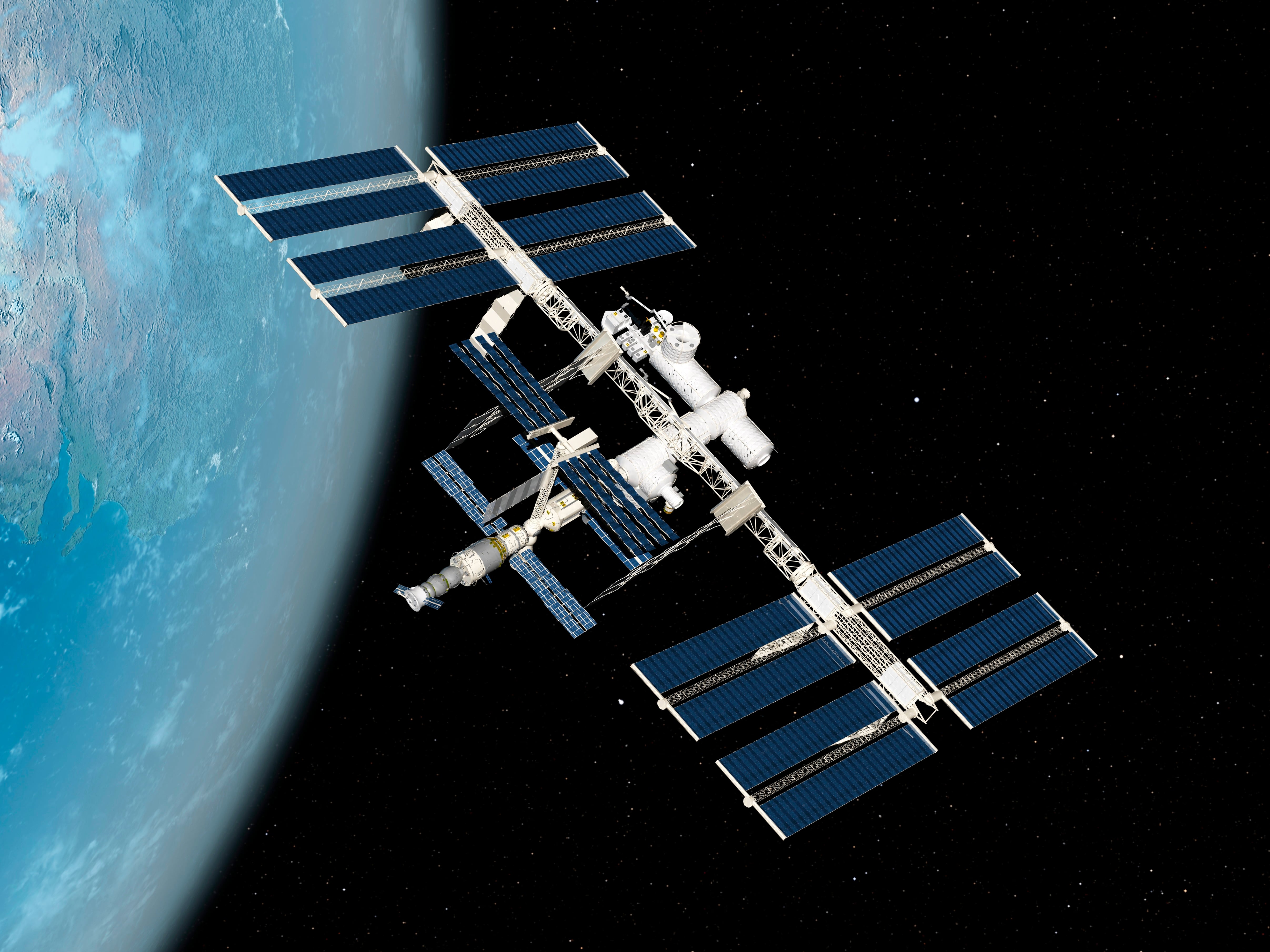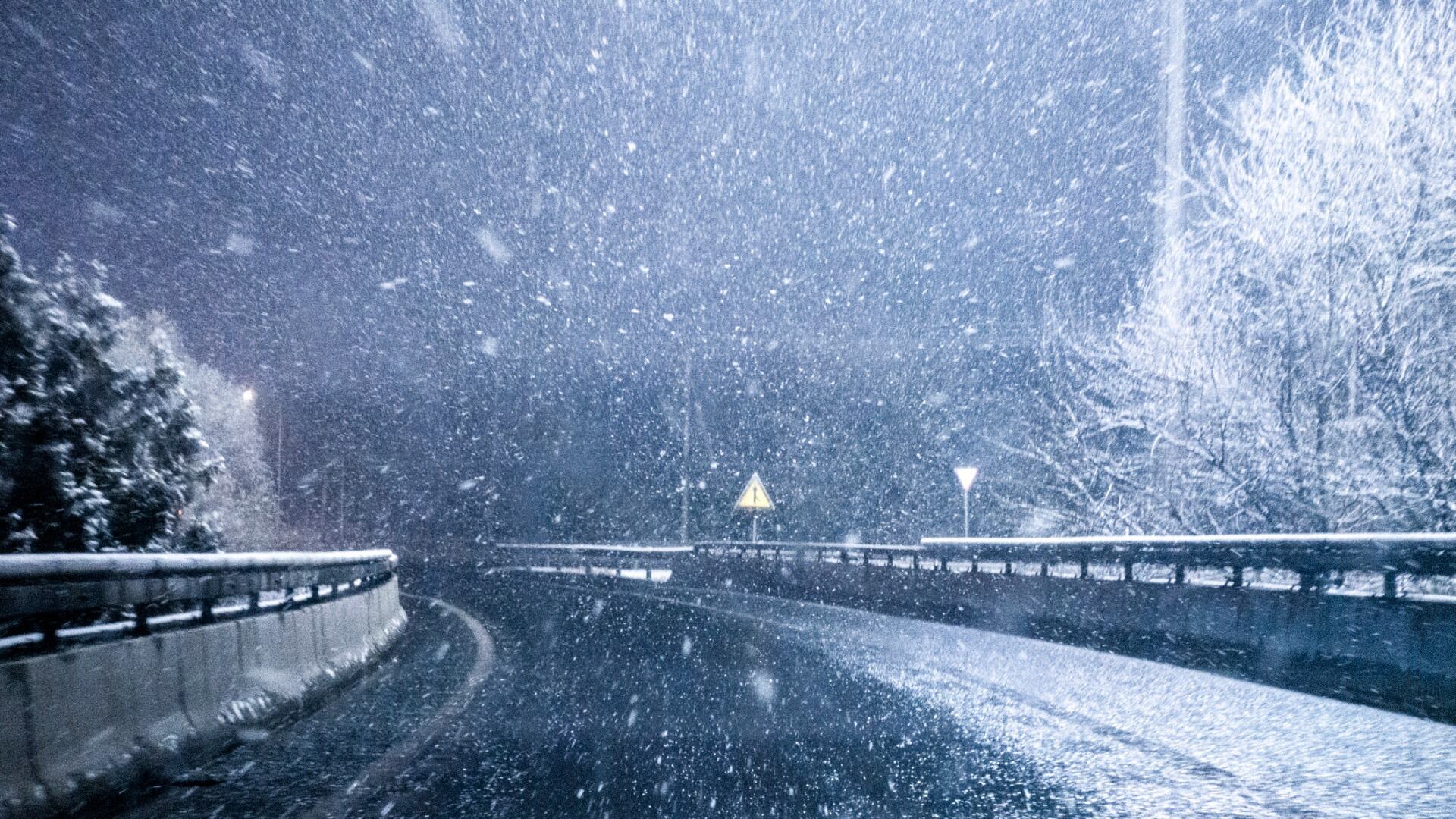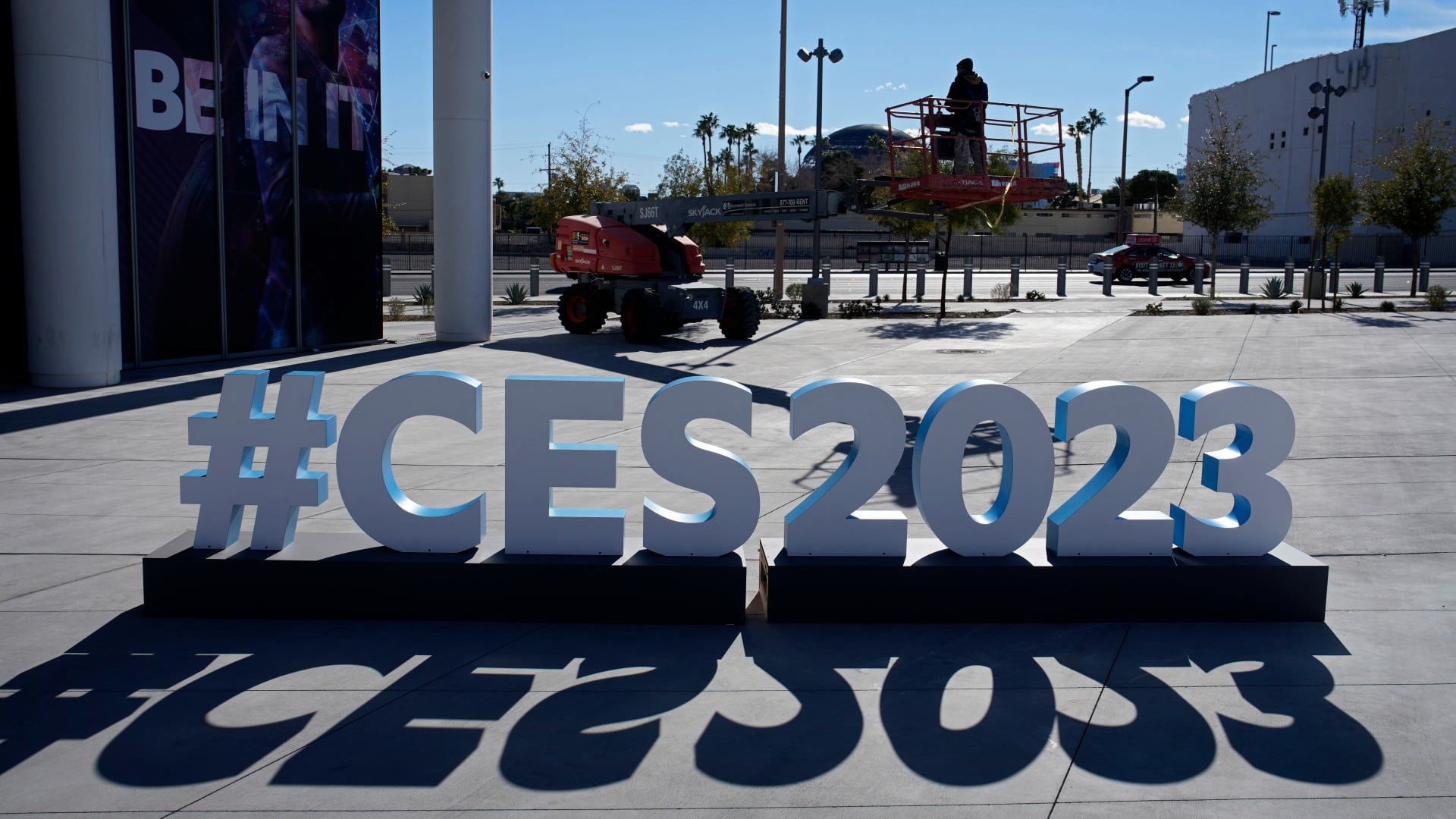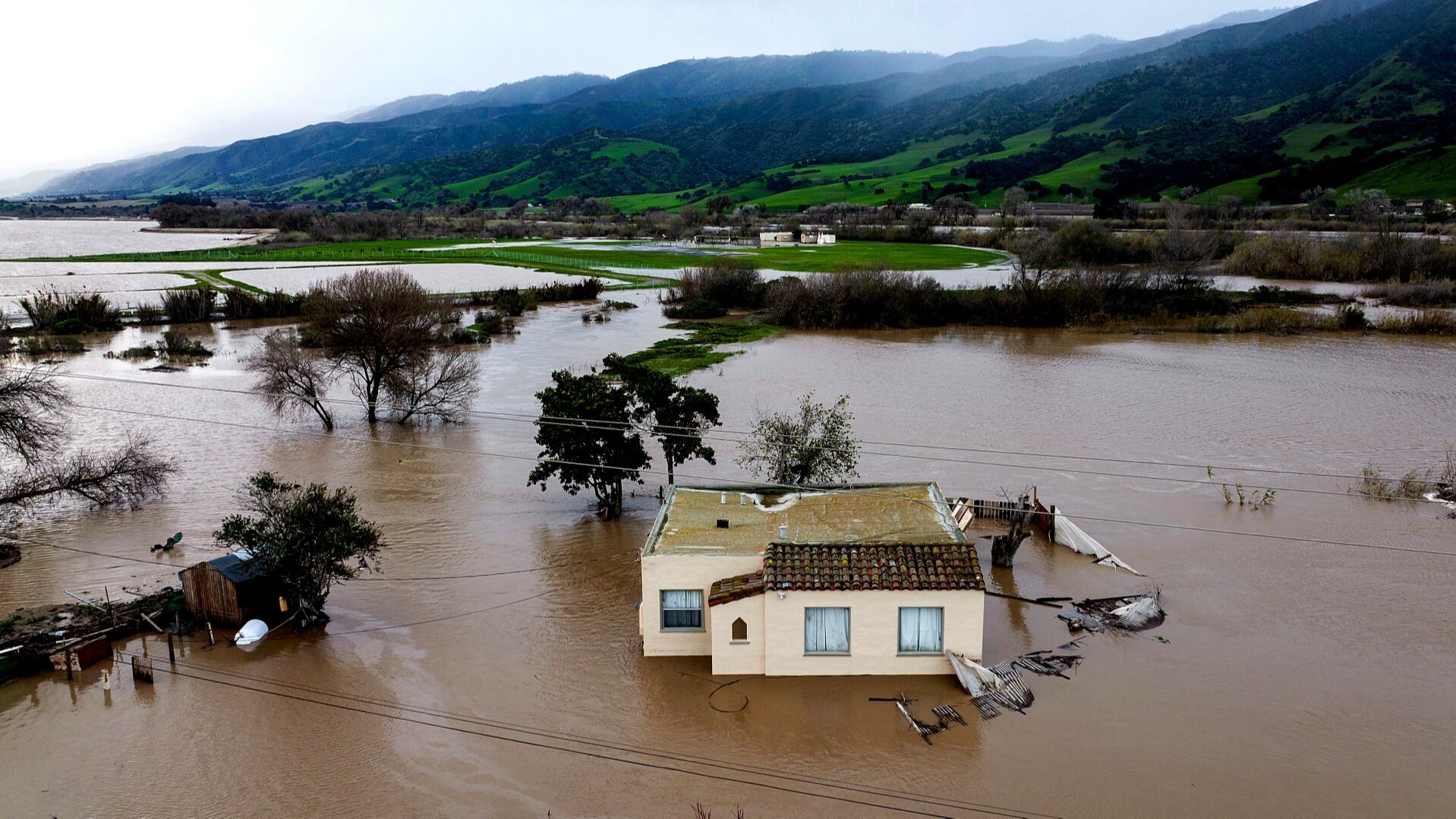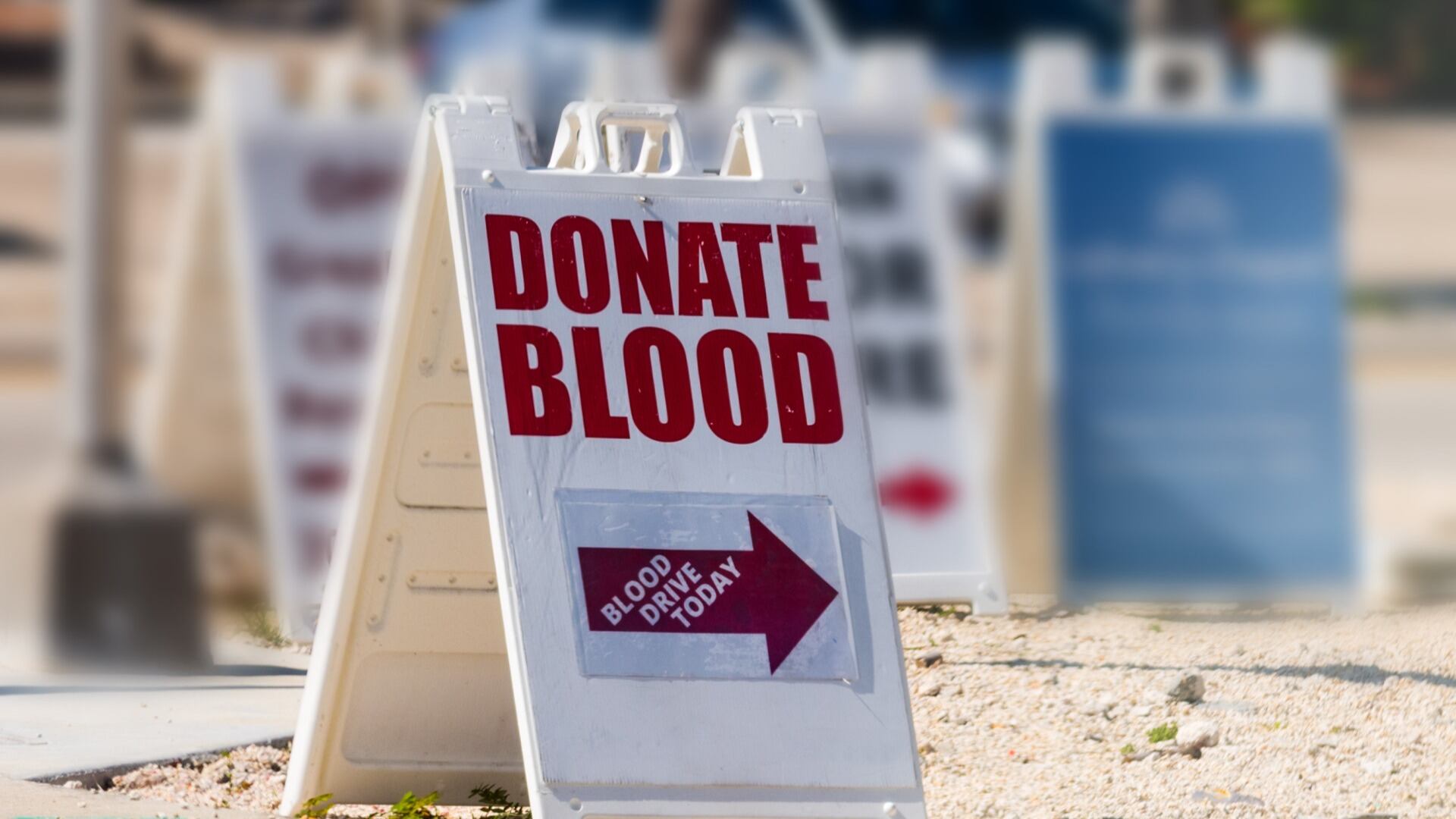At least 32 people are dead after violent storms swept through the South and Midwest.
President Joe Biden declared a major disaster in Arkansas and sent federal aid to the state after an EF3 tornado tore through Pulaski County with winds clocking in at 165 mph. About 50 people were treated at area hospitals for injuries sustained during the storm.
"We know families across America are mourning the loss of loved ones, desperately waiting for news of others fighting for their lives, and sorting through the rubble of their homes and businesses," Biden said in a statement.
The storm created dangerous winds and a number of tornadoes that leveled towns in its path. At least two children were killed in Memphis, Tennessee after trees were knocked onto homes.
According to the National Weather Service, at least 59 tornadoes reportedly touched down across 11 states.
Another round of severe storms are expected to roll in Tuesday and impact Americans from Texas to Illinois.
Luke Iseman, CEO of Make Sunsets, joins Cheddar News to discuss how the startup is sending balloons filled with particles into the atmosphere to fight climate change.
Virtual doctor visits are going to a completely new level with the introduction of artificial intelligence into personal healthcare.
Cheddar News explains why the USDA is cracking down on organic food fraud.
Two astronauts on the International Space Station took a space walk Friday.
New England could get up to eight inches of snow by the end of Friday.
AI technology is increasing health awareness from the comfort of your smartphone. Cheddar News dives deep into how selfies can track health vitals.
Alina Hauptman, a communications strategist at the Best Friends Animal Society, joined Cheddar News to discuss how pets can actually give a boost to your mental health.
Michele Power, a meteorologist for News12, said that one explanation for this "parade of storms," at least in the United States, is a phenomenon called the "atmospheric river,:
Cheddar News explains how the way you brew coffee could contribute to global warming.
The beginning of the year is critical for those in need of blood transfusions as people tend to stop donating during the holidays. The winter in general also experiences a dropoff as donors get sick more frequently.


